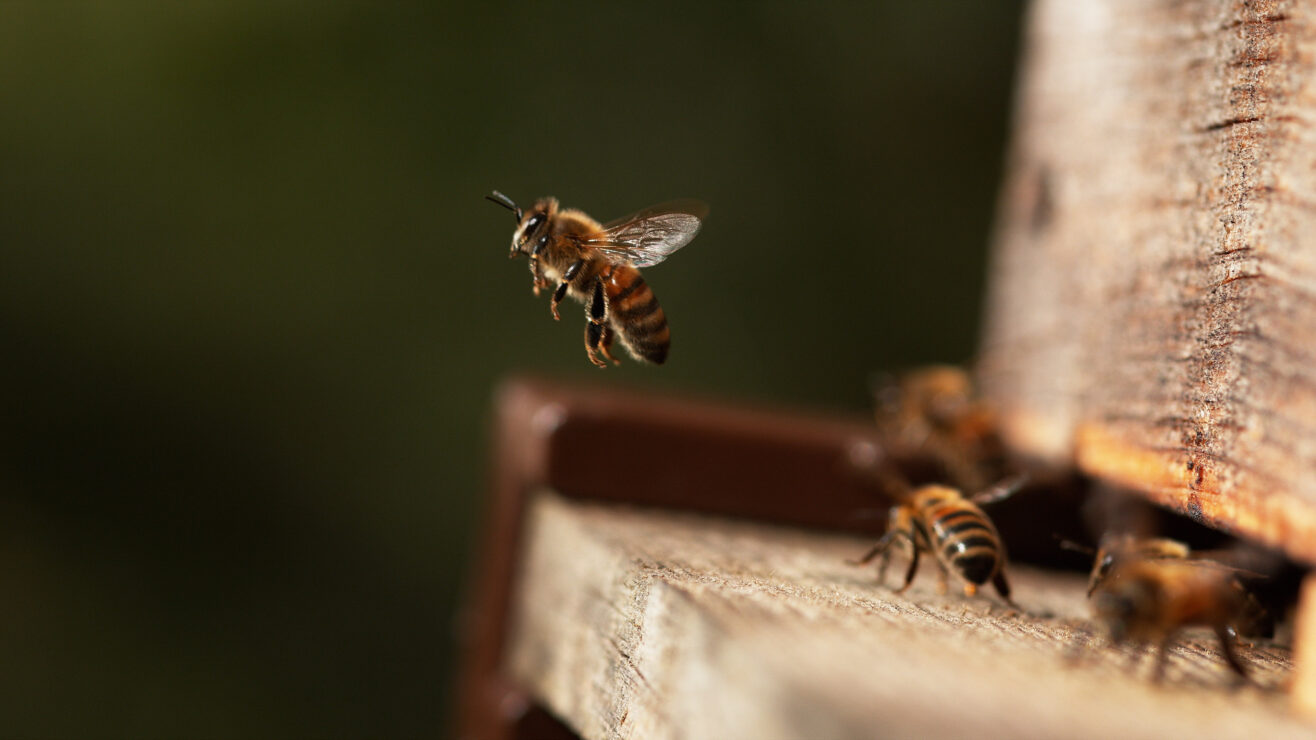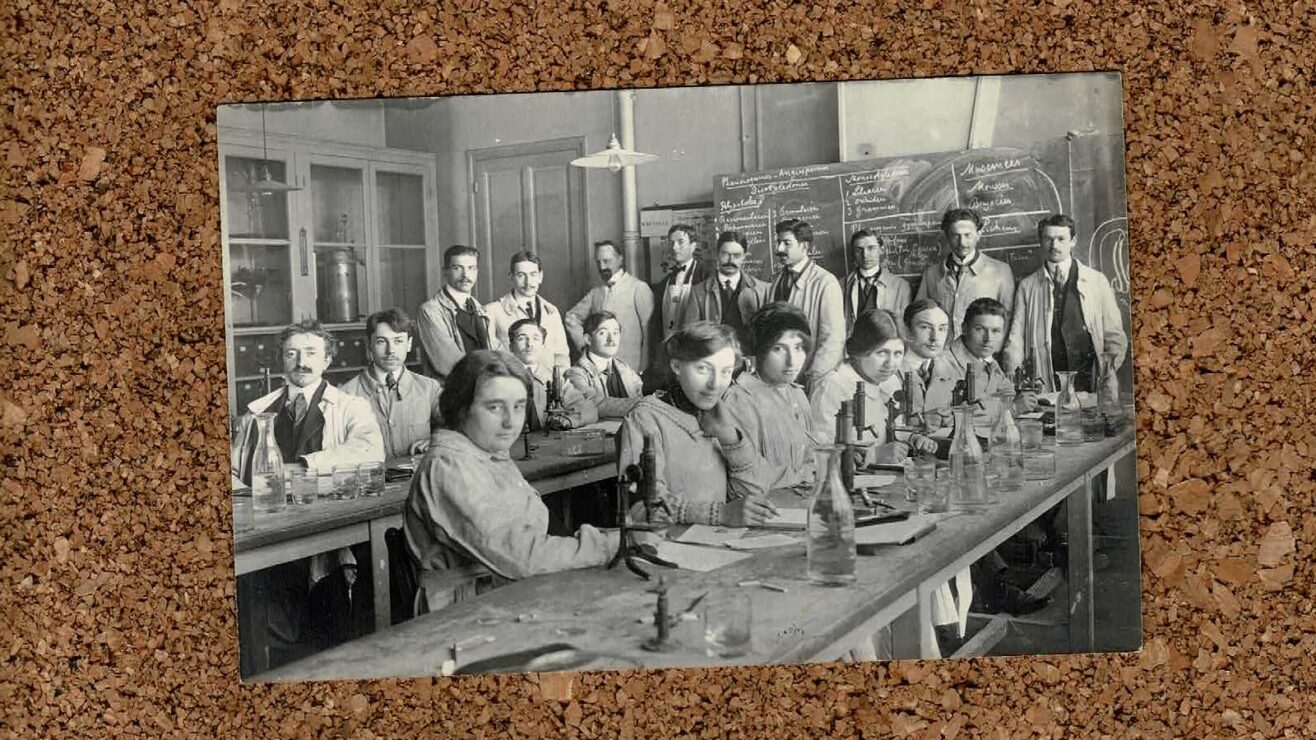A cost-of living crisis, a challenged and unsustainable food system, an environmental crisis…
Any one of these would represent a major social and economic challenge – together, they point to something far more significant.
In March 2022, the UN Special Rapporteur for The Right to Food, Michael Fakhri, visited the University of Kent.
Fakhri explained that The Right to Food, articulated in Article 11 of the International Covenant of Economic Social and Cultural Rights (1966) means ensuring that everyone, no matter what their circumstances, has access to “adequate” food – food that is culturally appropriate, healthy and sustainable.
During this lecture, the UN Special Rapporteur also asked a striking and challenging question: “what would a Right to Food University look like?”
We have set out to answer Fakhri’s question – and in doing so, our aim is to move away from a narrative that sees food as a commodity, to recognising it as integral to wellbeing, community and a good and healthy life.
Calling on communities
The Right to Food is not only a goal, but a movement that calls on communities to decide together what “adequate” food means for them.
A rights-based approach is also about ensuring a democratic and collaborative process is taken to realising The Right to Food. We want to work with communities – listening, providing space and power to staff, students and neighbours to decide together what good food at the university and in the region of Kent looks like.
While this includes protecting students and staff from food insecurity, the Right to Food project aims to go further than short term fixes. It recognises that ensuring healthy food remains affordable means promoting food justice – and transforming our food system so that it operates to advance human health and environmentally sustainable society.
To do this we are focussing on four missions which we believe will deliver a step change in our approach to delivering equality of access to healthy, affordable and sustainable food:
- Putting the right to food on the world stage
- Transforming food systems through teaching and research
- Tackling food insecurity among staff and students, while promoting a healthy and sustainable food community at Kent
- Addressing food inequality in our region
Our missions encompass multiple ways in which the university can make a positive impact. Our Canterbury and Medway campuses will be places where the right to food is realised in practice – in student kitchens, canteens, the university estate, the courses on offer and through research collaborations.
The university will look beyond its walls, using its resources to address food inequality across the region, and inspiring other universities to follow suit.
Universities are more than educational institutions. They are communities where students and staff live, work – and eat – together.
They are anchor institutions, connected to their localities through their cultural activities, their people, land and business relations. Food is one of these connections, and one that has inspired the university to put the Right to Food at the heart of its civic missions.
Universities should promote the Right to Food
Universities are uniquely placed to take on this mission. They can harness academic expertise, play a leading role in research and hold partnerships with businesses, to embed the right to food into education and the curriculum.
They also hold the potential to engage and educate future generations of graduates and decision-makers in the right to food movement.
So at Kent:
- One of our signature research themes is Positive Environmental Futures which has brought together academics from across the Institution to find solutions to urgent environmental and social issues. These include developing bio-refineries for revalorising food waste for use throughout the food chain, to improve food security, and research into regenerative farming practices to reduce its environmental impact.
- We’re based in the Garden of England – home to over 40 per cent of UK high-value horticultural production and a key gateway to global markets. Through the Growing Kent and Medway partnership and wider research and innovation activity, the university is helping to shape food production, from handling and distribution processes to producing affordable and sustainable nutrient-rich foods.
- The university has also committed to working with its own community, and reaching out to schools, colleges, local authorities and charities to decide together what actions we need to take to ensure everyone can eat well. From the Kent Community Oasis Garden (KentCOG) driven and shaped by our students, staff and community members working to create a sustainability hub centred around growing food – and opening up kitchen spaces for local charities to cook food, the university is already seeking to use its resources to support the region.
- We are seeking to establish a gleaning project in partnership with Produced in Kent (PINK), which would see students volunteering at local farms to rescue and redistribute fresh fruit and vegetables.
What next?
With national decision makers moving slowly on food policy, we are partnering with The Food Foundation to create a model that supports people to eat well at the local level.
We want to share this model and inspire other universities across the country to do the same.
Universities are already doing a substantial amount to help support their students with the cost of living, but this mission takes things further.
We think there’s an opportunity for universities to showcase how we can bring about lasting and positive change.
This commitment sits side by side with a commitment to learn and share with others to inspire what we hope will be real progress and lasting change.
We will be working to deliver these missions to make Kent the first ever Right to Food university that guarantees its community has access to healthy and sustainable food.
We hope others will join us in this important and exciting initiative. We will be holding events for stakeholders who want to find out more, share ideas and join our mission. You can find out more and get in touch with us via our Right To Food website.














